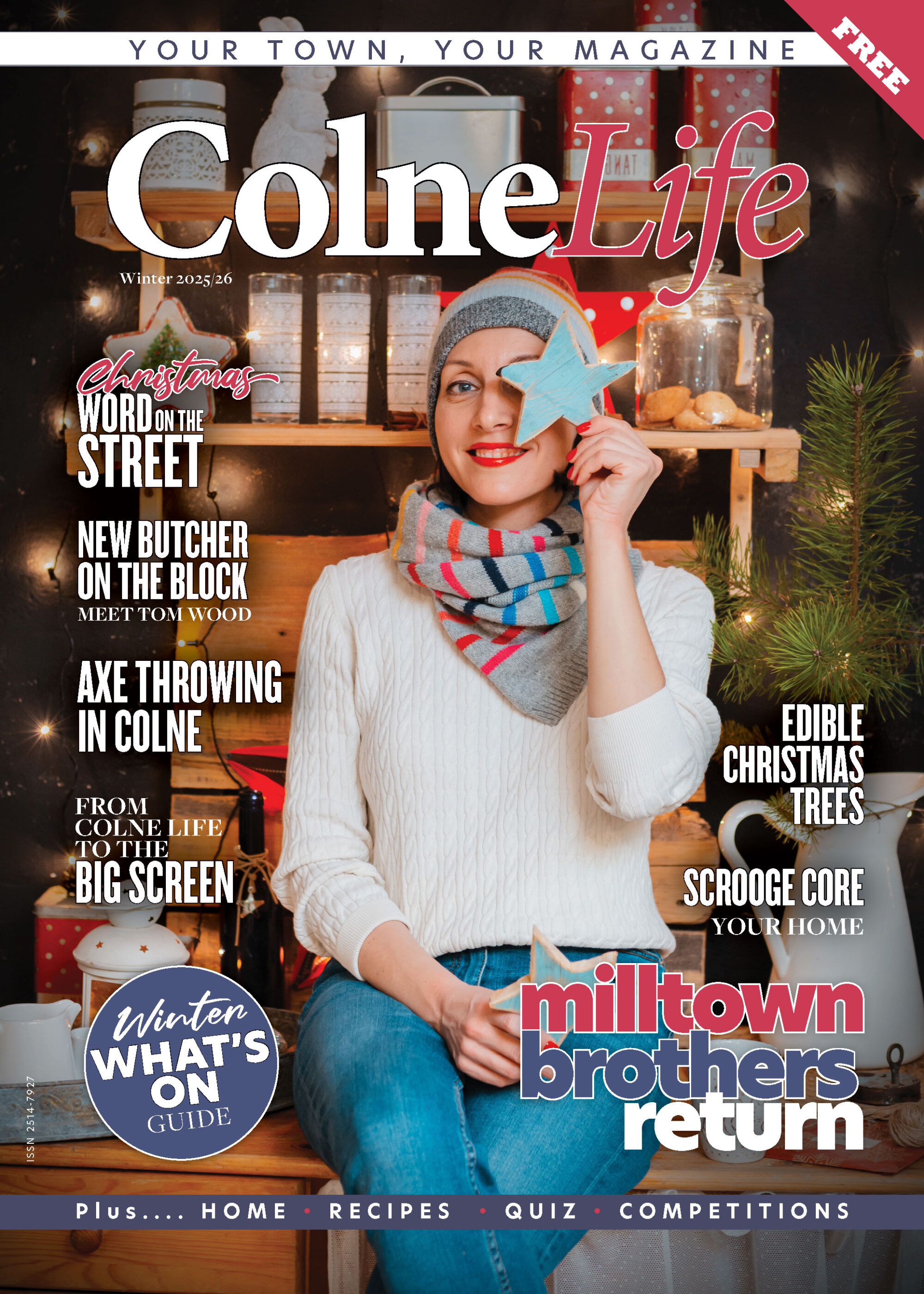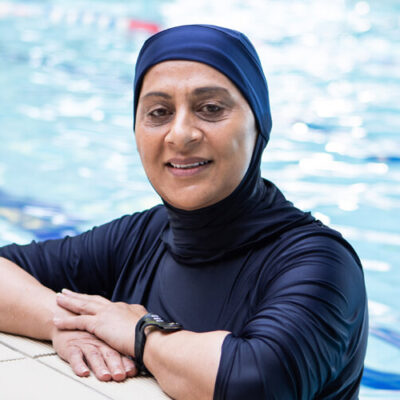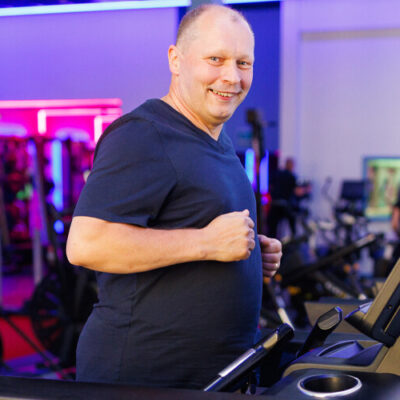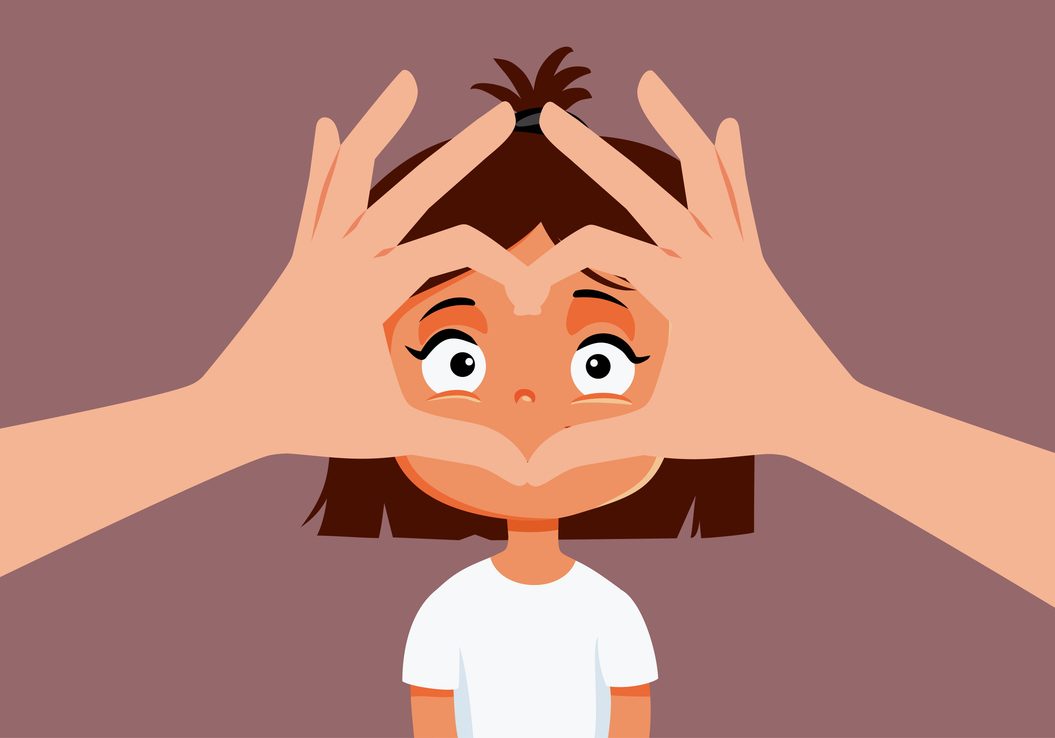
Core Beliefs: How to Boost Your Children’s Kindness and Confidence
by Coach Lindsay
Identify core beliefs that do not serve you well...
I would like to explore the concept of core beliefs and answer the questions about what they are, why they matter, and how we can set our children up for success by instilling adaptive beliefs early on.
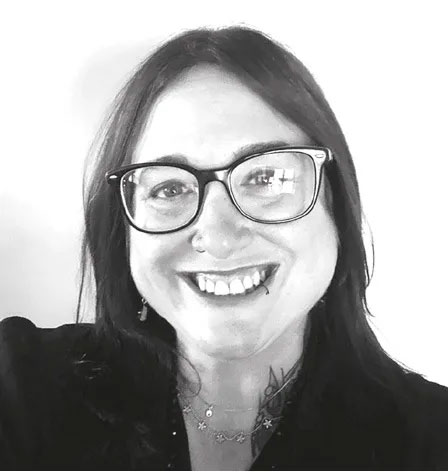
Coach Lindsay
We all have core beliefs, but what exactly are they? Core beliefs are the lens through which we experience the world around us. They are our most deeply held beliefs about ourselves, others and the world. Since core beliefs are learned in childhood, this offers us an excellent opportunity to set our children up for success by teaching them about core beliefs early on and helping them to shift their negative stories into more positive and adaptive ones.
Core Beliefs in Action
Have you ever wondered why two people experience the same thing but react differently? What happens in any situation gets filtered through our core beliefs lens, and then we create a story that we tell ourselves about what happened. If we have different core beliefs than someone else, our experience and story about what happened will be different.
This not only feels better but also increases our inherent kindness, confidence, and resilience.
Adaptive core beliefs don’t necessarily shift our feelings, which are always ok just how they are, but they shift how we interpret events and even what actions we take afterwards.
While we can’t always change what is happening around us, we can tune into our core beliefs and shift the story we tell ourselves about what is happening. This not only feels better but also increases our inherent kindness, confidence, and resilience. The really good news is that we can help our children tune into their core beliefs and shift any negative ones into more adaptable ones.
Core Belief Stages
Core beliefs are important at any age but are often formed in childhood. Different developmental stages can lead to different beliefs formed at other times, and various environmental triggers can also impact core beliefs. Here is a brief snapshot of core beliefs across age groups:
Babies
Babies learn about themselves and their world through experiences and attachment to caregivers. “If I cry, will someone come and check on me?” “If I’m hungry, will someone feed me?” “Do my needs matter?” “Am I safe?” “Am I loved?” Babies learn quickly what to expect from people and the world around them and form neural pathways in their brains, cementing this learning. The brain is developing such foundational knowledge at this point that these beliefs and felt experiences can stay with people for a long time (I do want to point out, though, that we can also heal negative ones later on).
Young Children
Young children continue to learn through experiences, as well as the messages they receive through caregivers and the people in their community. They are exploring different aspects of their personalities and testing out the types of responses they get. They are in a very egocentric state of development, so they often fall into traps of situations that happen to them (i.e. parents’ divorce, conflict in the family); this can lead to core beliefs that they are ‘bad’ or things are ‘their fault.’ Due to their often strong emotional reactions to things, small children can sometimes bring out strong reactions from adults, which can lead to feelings of shame or worry about not being loved or parts of them not being welcome.
Older Children
Older children are often working to master skills. They want to run faster, climb higher, read and write better, learn maths, produce art – you name it, they are working at it. Sometimes, this can lead to associating their abilities or skills with their worth (some of us adults do this, too). Older children sometimes get discouraged if they fail to win or meet the goal. Remembering that they are enough even if they make mistakes and that they are loveable just the way they are is so crucial at this developmental time.
Try identifying some of your beliefs and those you would like to let go of.
As children age, they also experience more peer conflict. Peer relationships can begin to impact feelings of belonging and worth in social settings. Having a strong family foundation to navigate the rough waters of adolescence has been proven to be a protective factor for children.
Practices to Support Positive Core Beliefs
Planting the seeds for children to believe positive stories about themselves is a powerful proactive strategy that can have a really impactful impact.
Build Them into Your Environment
As I have written about before, it is a great practice to surround children with positive affirmations. Maybe on the walls of their bedroom, on the fridge door, on their clothing, and in the way we talk to them.
Spot Opportunities
Statements like “Wow, you slept all night in your own bed. See, you can do hard things!” or “I know you are disappointed that you didn’t score that goal in football today, but we love you so much, and you are good enough just exactly as you are” can help children feel safe, seen, and connected.
Get Creative
Make an art project where you draw or paint the adapted core belief with an expression that captures it, like – I have what I need, I am loveable or being sensitive is a strength.
Build Routines
Make the positive core beliefs part of your regular family life and look for places you and your child would like to include them, such as mealtimes and bedtimes, when discussing challenging situations.
Our Own Core Beliefs
Adults hold core beliefs, too. Sometimes, our beliefs are held so deeply and even passed down from generation to generation that we are unaware of them. Try identifying some of your beliefs and those you would like to let go of. If you initially feel discouraged when identifying any core beliefs that do not serve you well, this is completely normal. In fact, most, if not all, people and families have negative core beliefs. Even though negative core beliefs may not be true, they can feel true. But what’s also true is that they can be changed and adapted to better serve you and your family.
Go gently on yourselves.
Lots of love
Coach Lindsay x
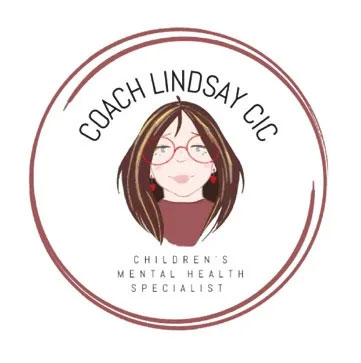
ColneLife May/June 24
